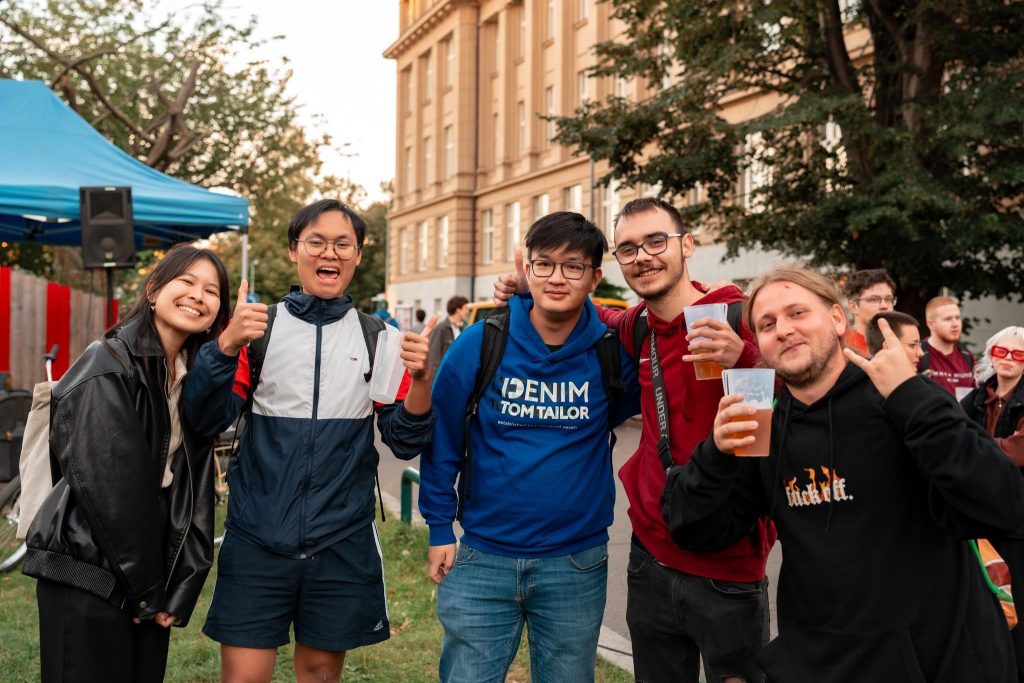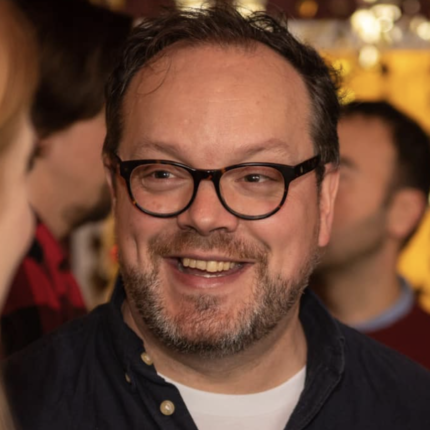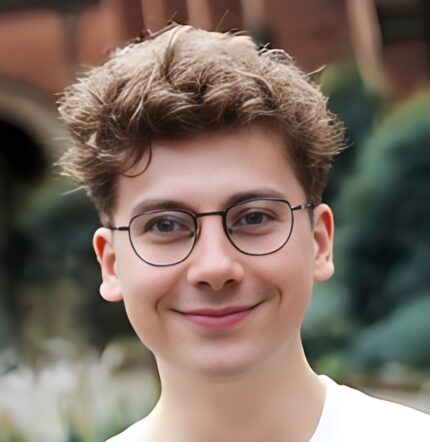We’ve heard quite a bit about the role of students in the fall of communism on this year’s tour. But one of the puzzles is why it hasn’t led to a stronger set of SUs.
International Students’ Day dates back to November 17, 1939 – when Czech medical student Jan Opletal was killed during protests against the Nazi invasion.
Opletal’s funeral on November 15 turned into a large anti-occupation demonstration, stoking tensions between Czech students and the Nazi regime.
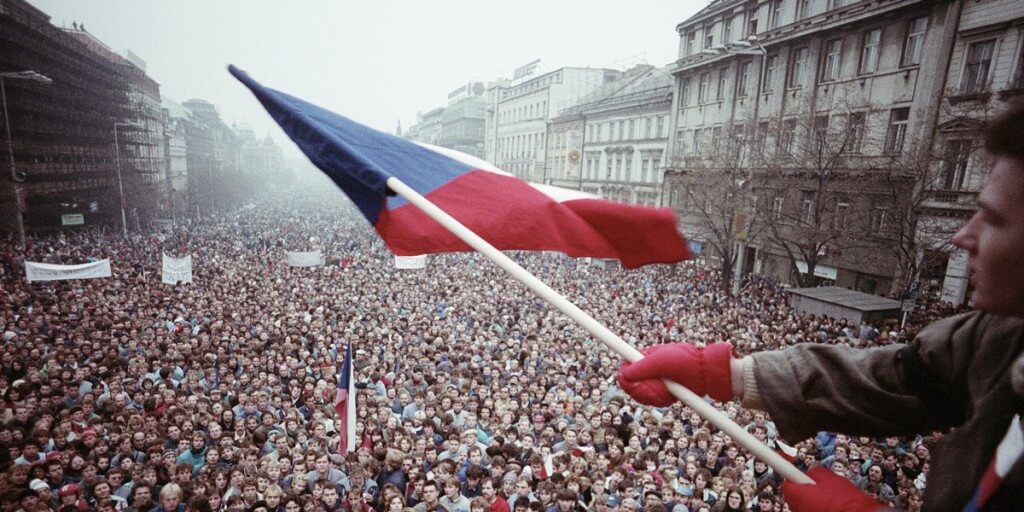
Two days later, on November 17, 1939, the Nazis cracked down brutally. Universities were stormed, student leaders were arrested and executed without trial, and all Czech higher education institutions were shut down for several years. In total, nine student leaders were executed, and more than 1,200 were sent to concentration camps.
The day was officially recognised as International Students’ Day in 1941 in London by the International Students’ Council – an organisation representing students fighting fascism during World War II.
Over time, it evolved into a day to promote students’ rights, academic freedom, and global solidarity – while still honouring the courage of the Czech students whose resistance under unimaginable oppression had inspired millions.
That mattered in 1989. In the oppressive grip of Czechoslovakia’s communist regime, during a march down the centre of Prague, students chanted for freedom, democracy, and reform – and the state’s response was swift and brutal.
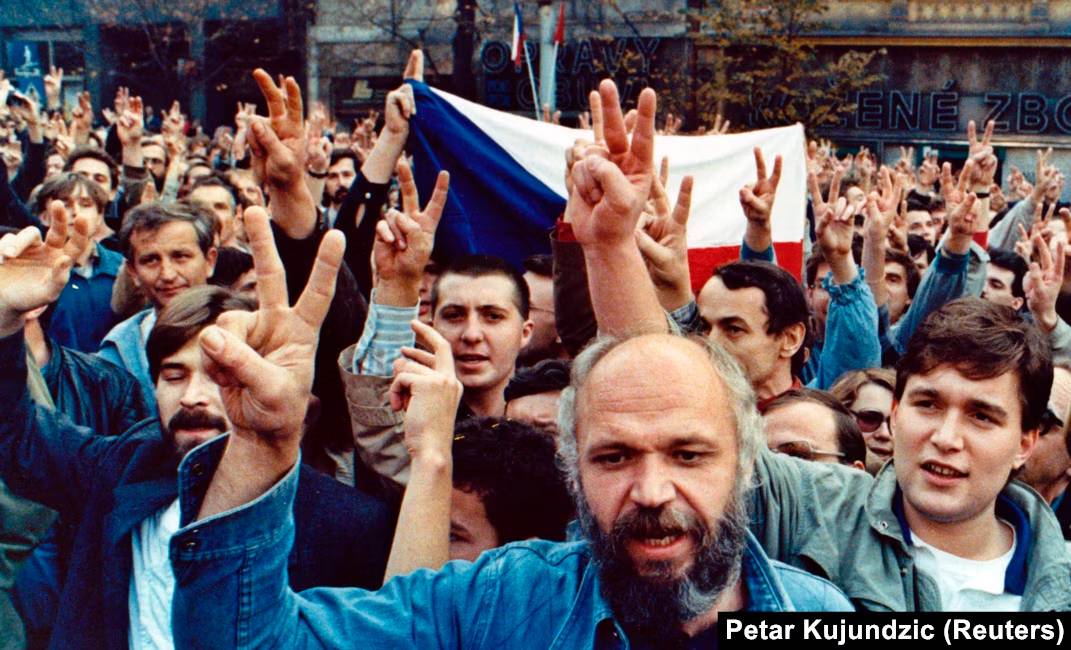
Riot police were deployed to crush the demonstration, culminating in a now-infamous confrontation. Hundreds of students were beaten, with rumours spreading that one had been killed – just a rumour, but one that caused both outrage and solidarity across the nation.
That was the turning point that exposed the regime’s vulnerability and brutality to the world. In the days that followed, universities became hubs of resistance, with lectures halted in favour of discussions, strategy meetings, and declarations of unity. Students were joined by theatre actors, artists, and intellectuals – all forming a powerful coalition of voices demanding change.
The momentum the students generated proved unstoppable. Their determination, amplified by mass strikes and widespread civil support, culminated in the regime’s collapse just weeks later. By December, Václav Havel, a playwright and dissident, emerged as the new president of a free Czechoslovakia.
Unlike many other revolutions throughout history, this uprising managed to overthrow a totalitarian regime without significant bloodshed or violent conflict. The “velvet” thing reflects the dignity and restraint with which the protesters – largely students – conducted themselves, as well as the relatively peaceful response of the regime as it collapsed under the weight of popular pressure.
Power and tactics
With a history like that that spread across the Visegrad countries, a lingering question we’ve been asking all week is why we’ve seen less robust SUs and formal student power than we might otherwise have expected to.
Prague was one of the places we visited on Day Three of the Wonkhe SUs study tour to the Visegrad countries, where a bus full of student leaders and SU staff are on a five day tour of over 30 students’ unions, guilds, associations, and infrastructure organisations – and the question of student power and tactics has been a question never far from our mind.
Our longer coach journeys have given us the chance to read and reflect – and the reality is that the student movement of 1989 and the years following consisted mainly of those with no prior history of political dissent. These “new” participants brought fresh perspectives and a sense of urgency to the politics – driven by a desire for rapid and sweeping changes, aiming to dismantle the remnants of the old regime entirely.
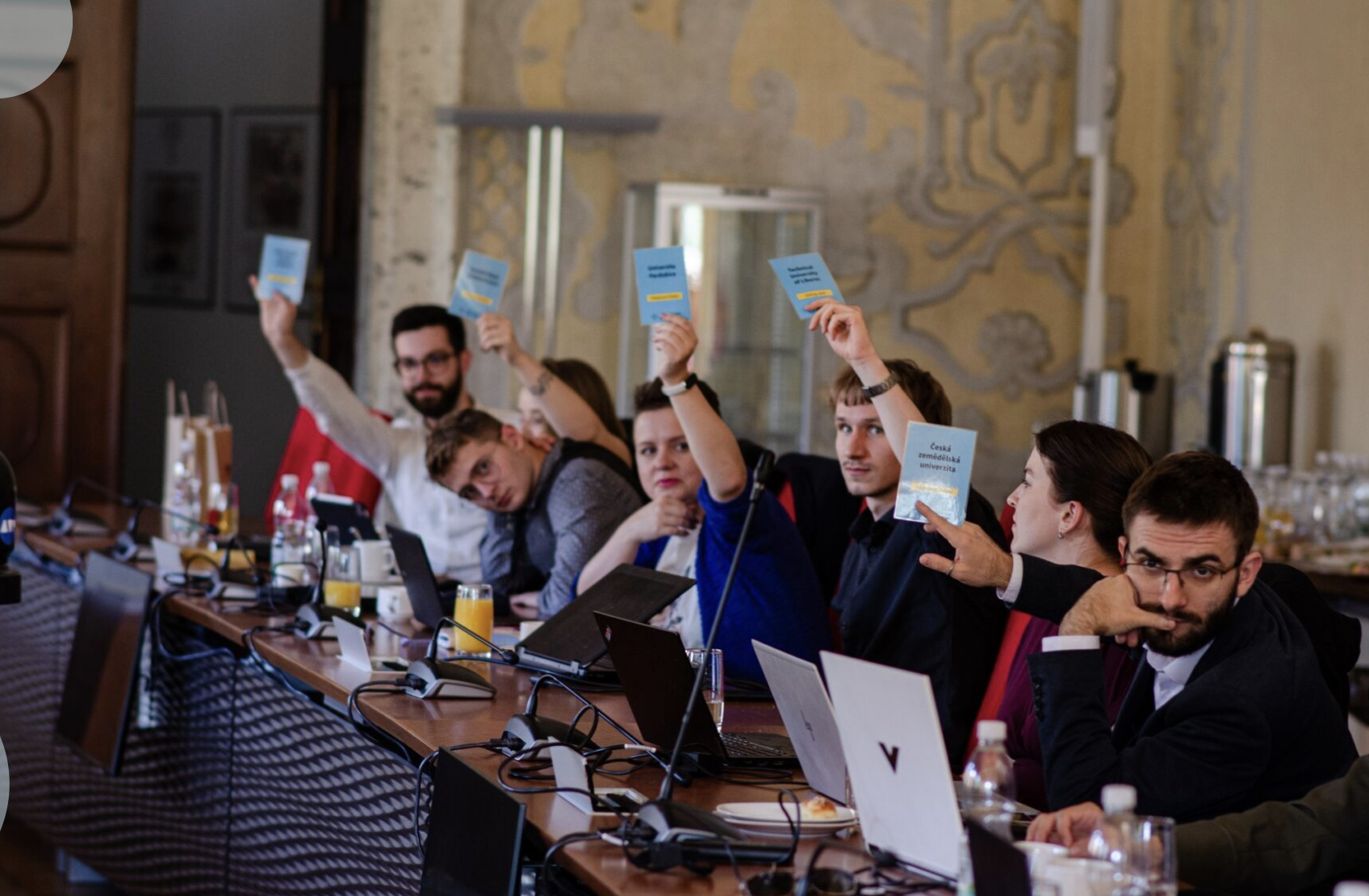
A key feature of the movement was its “Jacobin” nature, which called for a radical break from the past. Students were strongly critical of the older generation, accusing them of being too lenient toward former communists. They thought that the failure to punish or exclude communists from political power had allowed old influences to persist and undermined the country’s progress toward democracy and reform.
That generational conflict created real challenges in forming a civil society – a democratic layer of independent groups and institutions separate from the state (or its institutions) – and the tension between students’ demands for rapid change and the older generation’s more measured approach often resulted in the sort of “student chamber of the Senate” rather than “autonomous SU” models we’ve seen during the week.
One chapter of the Bloomsbury Handbook of Student Politics and Representation in Higher Education (a cracking and open access book edited by a former national student leader) argues that in that system, students remain unaware of their rights and the potential influence they wield – and the chambers often lack the capacity to offer broader services, such as academic advice or support programmes, which are more common in other European countries.
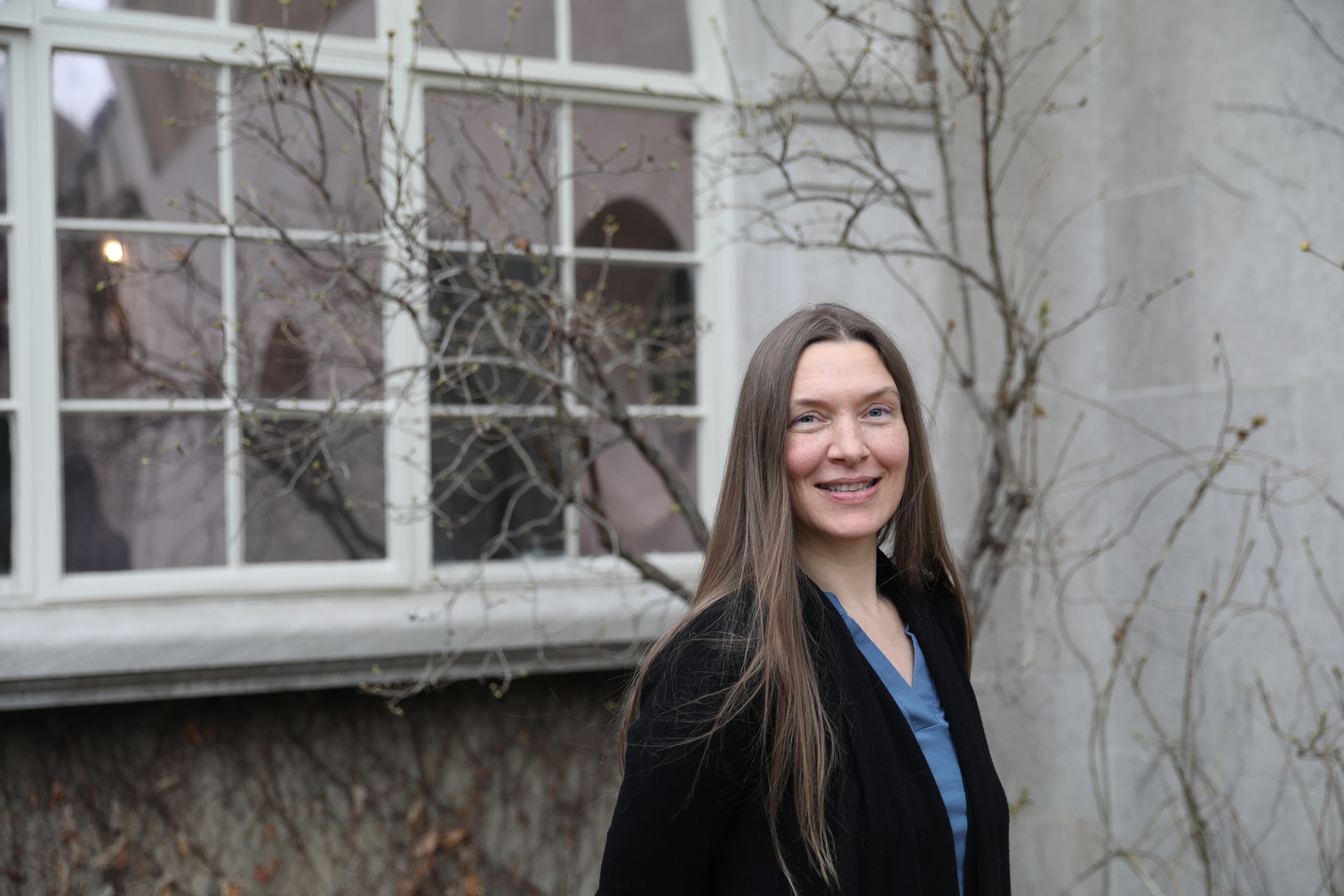
Then at the national level, the Czech Student Chamber of the Council of Higher Education Institutions (SK RVŠ) represents student interests but faces challenges in autonomy, funding, and strategic influence. SK RVŠ has been instrumental in legislative consultations, like during debates on tuition fees, but its overall impact remains “inconsistent”.
Civic excitement
One project that is working on building that civil society is an inspiring place we visited in Prague’s city centre called Kampus Hybernská.
Its buildings date back to the 14th century, and housed Ministry of the Interior offices during communism. Today it integrates culture, arts, science, and research to offer a creative environment for addressing societal issues and inspiring new ideas.
The project emphasises sustainability and collaborative efforts to tackle climate challenges, while maintaining openness and accessibility, with most events free thanks to support from Charles University and the City of Prague – and there’s a thriving set of student organisations and student events that allow students from multiple universities across the city to engage with each other and the community.
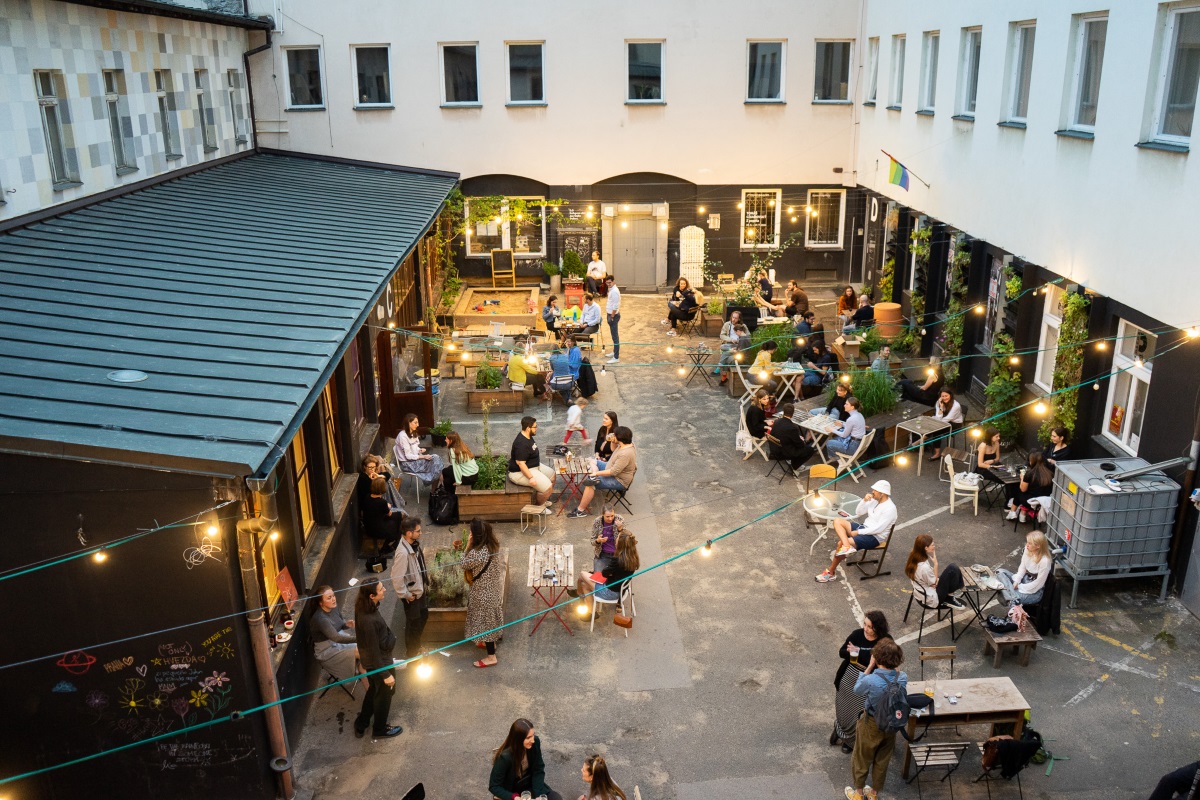
At some point the UK’s empty-looking towns and cities will need to be rejuvenated – projects like this offer inspiration for student-led “civic” activity beyond the “volcano in a shopping centre” stuff we often see.
As well as that facility, students can get involved at the multi-university collaborative Kampus Dejvice, out of which some big student (run) events are planned and executed. Lesamáj is an annual nonprofit festival inspired by traditional spring student celebrations that features a mix of cultural events, concerts, theater performances, educational workshops, and lectures.
Kampus Fest is an annual September festival celebrating music, student life, and brewing, marking the start of the academic year. The event features beer tastings from around 20 small breweries, educational lectures, professional tastings, and tours of the VŠCHT university brewery. It includes performances by well-known bands, student projects, and activities from various student organizations.
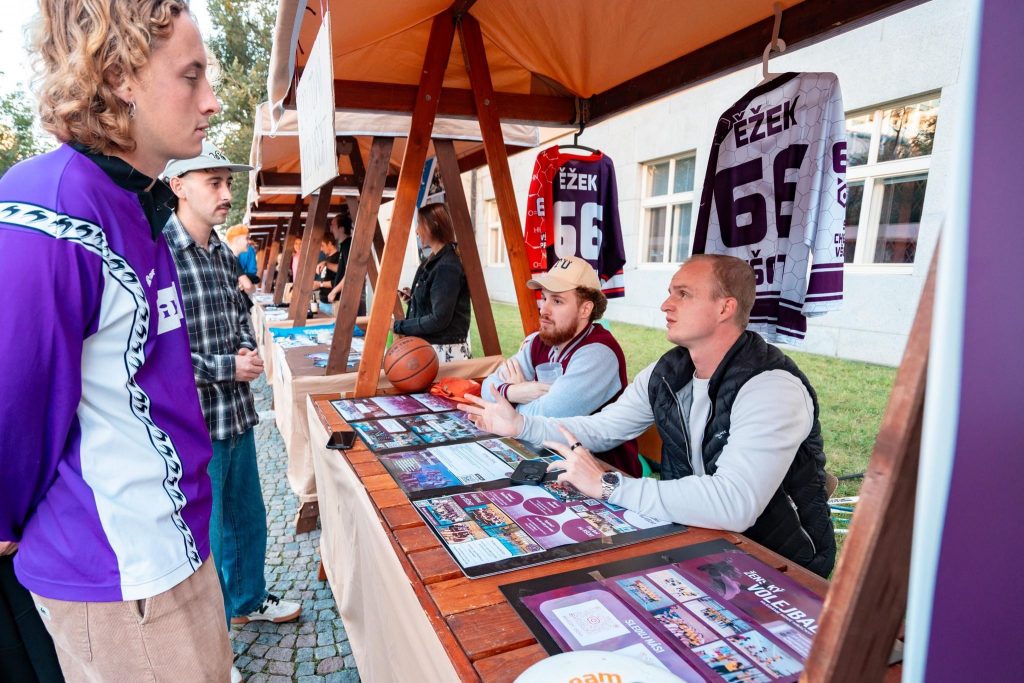
Hanami is a spring celebration inspired by the traditional Japanese festival honoring the beauty of cherry blossoms that takes place every April and includes music, refreshments, and pink-themed decorations, expanding slightly each year. And at Christmas, Advent v Kampusu is a festive celebration that includes the ceremonial lighting of cherry trees, accompanied by live music and traditional Christmas refreshments like punch, mulled wine, and festive treats.
What’s great about each of these is that they started as small student projects that have become bigger each year – a specific organisational focus on the staging of events (rather than the forming of a club or society that might do so) key to the success here, which goes on to deliver up to 40 per cent election turnouts in those senatorial elections.
Education matters
We have discussed education as well, we promise. The Committee for Doctoral Studies (KDS) focuses on improving conditions for doctoral students in the Czech Republic.
Its activities include addressing issues related to doctoral studies at individual universities, organizing events (such as the Doctoral Summer School in Prague 2022 in collaboration with the National Technical Library), and advocating for legislative changes that benefit doctoral students in line with the Ministry of Education’s Strategic Plan 2021+.
The SKRVS Conference of Academic Senators (KAS) is an annual event that brings together student senators from various universities across the country to discuss higher education issues, share best practice, and enhance both the tangible and intangible environments of higher education institutions.
The conference features multidisciplinary panels, diverse discussions and proposes solutions to selected topics. It’s something we really should try to make happen for those on academic board/Senate in the UK.
We’re off to Skoda University to drive a car around now, and then to Poland. More tomorrow.
